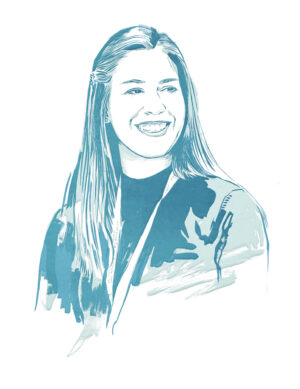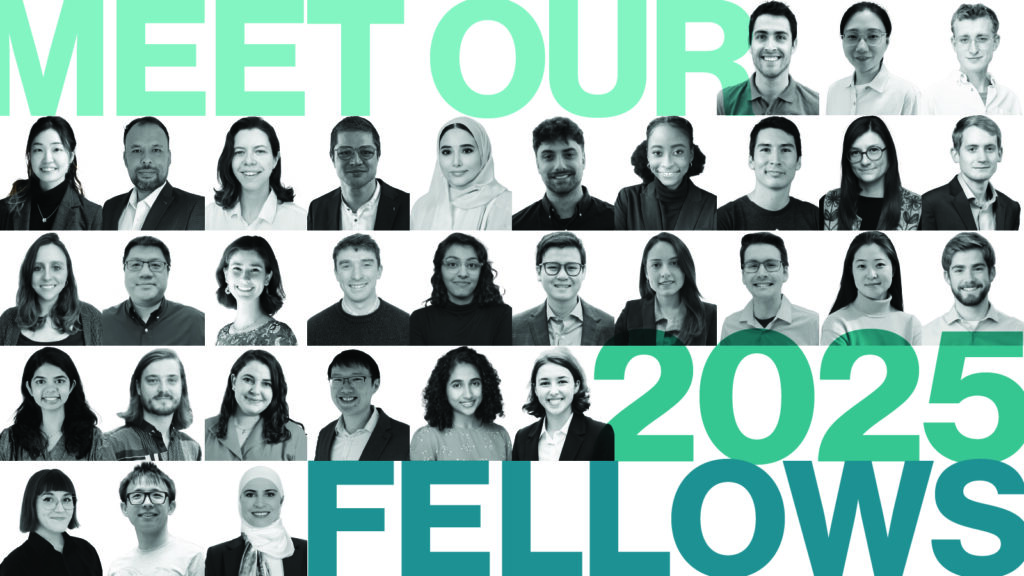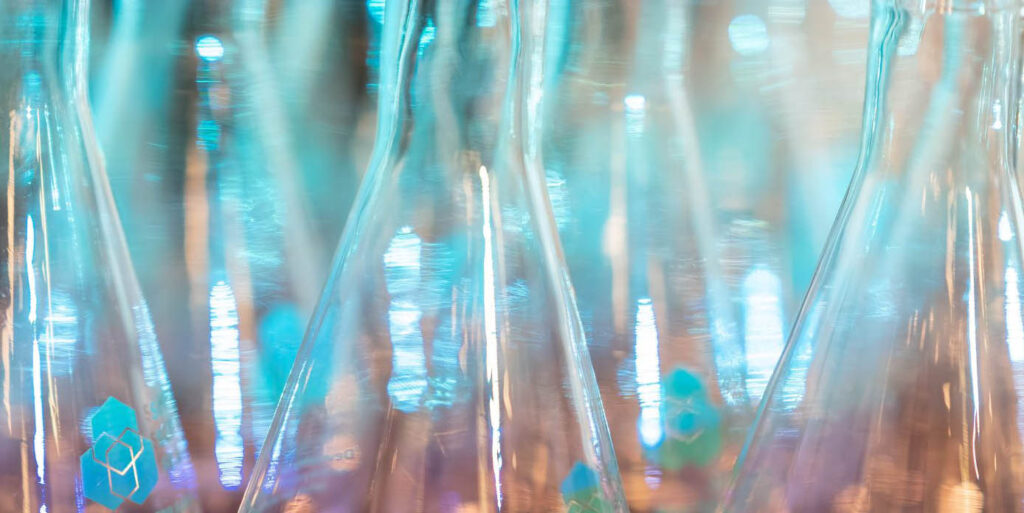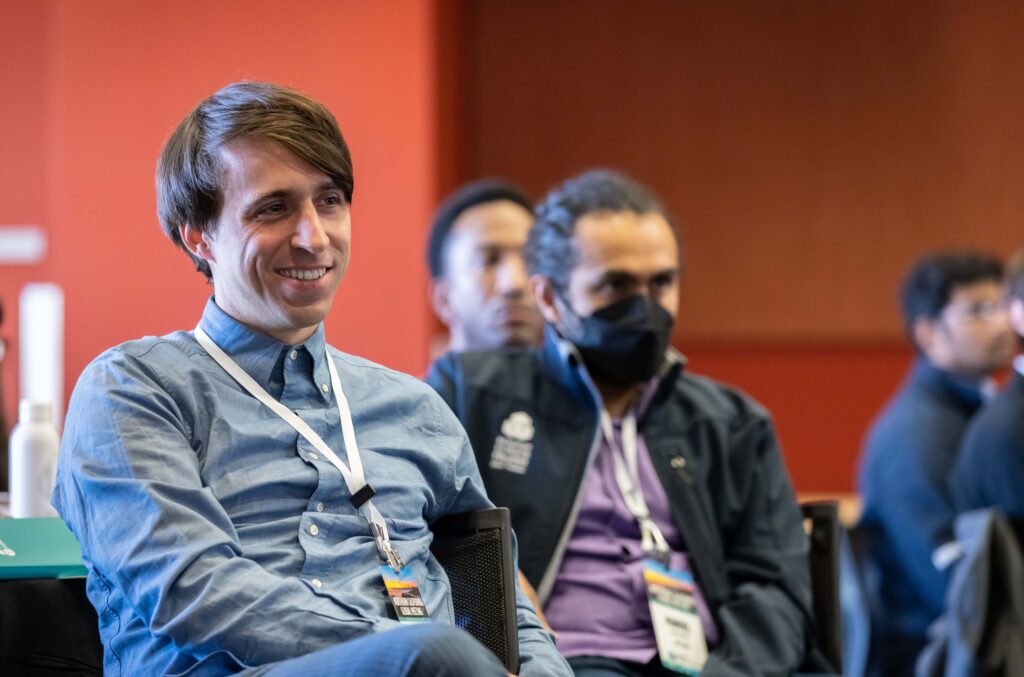This case study features in the Schmidt Science Fellows Annual Report 2019-2020.
 Dr. Mina Konaković Luković was selected as a Schmidt Science Fellow in 2019 following an undergraduate and master’s degree in Mathematics and Computer Science at the University of Belgrade, Serbia, and a PhD at EPFL in Switzerland. Mina pursued her Fellowship Placement with Dr. Wojciech Matusik at MIT, applying machine learning to digital fabrication challenges, and will be continuing this work, supported by a Schmidt Science Fellows Additional Study Grant, during 2021.
Dr. Mina Konaković Luković was selected as a Schmidt Science Fellow in 2019 following an undergraduate and master’s degree in Mathematics and Computer Science at the University of Belgrade, Serbia, and a PhD at EPFL in Switzerland. Mina pursued her Fellowship Placement with Dr. Wojciech Matusik at MIT, applying machine learning to digital fabrication challenges, and will be continuing this work, supported by a Schmidt Science Fellows Additional Study Grant, during 2021.
Tell us about your background and PhD research?
During my PhD, I worked on digital fabrication problems, building tools inspired by differential geometry and making software to facilitate the fabrication process. Fabrication is something we all need every single day for everyday objects, from phones, to clothes, and manufacturing items. To make digital fabrication extremely fast, easily customizable, and usable by non-experienced users in a factory or studio, you need good tools and algorithms. Machine learning (ML) has been shown to make it easier to train the software and enable autonomous discovery of better solutions.
How has Schmidt Science Fellows supported your science?
I discovered some problems that cannot be solved with conventional geometry during my PhD – they don’t have an analytical solution and instead need to find a close approximation. So now at the Matusik Group at MIT I am using my Fellowship Placement to combine geometry and ML to tackle these problems.
For example, we’re developing a ML algorithm for new materials in 3D printing so they are optimized for several objectives, not a single objective. These materials are currently designed by intuition and trial and error, whereas the algorithm suggests new chemical combinations to try, trading off between different properties say in medical prosthetics where elasticity is important, but in aerospace parts you may be more interested in toughness.
I was fortunate to have a mechanical engineer, a chemical engineer, a materials scientist and myself, a computer scientist, all working together.
Why is interdisciplinarity important to you?
On the 3D printing project, I was fortunate to have a mechanical engineer, a chemical engineer, a materials scientist and myself, a computer scientist, all working together. You would not be able to do it alone. We had to work together and find a common language, synergy, and overlap. You learn what matters to them and the issues in their fields, which is hugely beneficial because you wouldn’t be able to easily discover that without insider input.
How has Program support helped you?
The extra support you get as a Fellow is amazing. The Program provides a level of help that I’m sure you don’t get anywhere else. The support means I have full research freedom, I can concentrate on my science and make more progress with my interdisciplinary project. We have courses that are not easily available to other PhD students and postdocs. I have great support from my Academic Council mentor, and we work together as Fellows to share notes, experiences, tips and tricks.
What have you valued most from your time so far as a Schmidt Science Fellow?
It is said that “you cannot be what you cannot see…” and there are many people we meet through our Global Meetings such as Nobel Prize winners, figures in politics and policymaking, leading scientists and entrepreneurs who can all serve as role models and inspiration. They really help us understand different backgrounds, stories, and how to overcome difficulties on the path to success. We learn about their personal experiences, challenges, strengths, incredible discovery anecdotes, and most importantly great passion for what they do.
Then there are the Fellows themselves – we have vastly different backgrounds and life experiences but are similar in so many ways. The Fellowship is an amazing source of support and we learn a lot from each other, both on a personal and professional level. We are at similar stages in our careers, facing the same challenges and it is easier to overcome them with companions.


